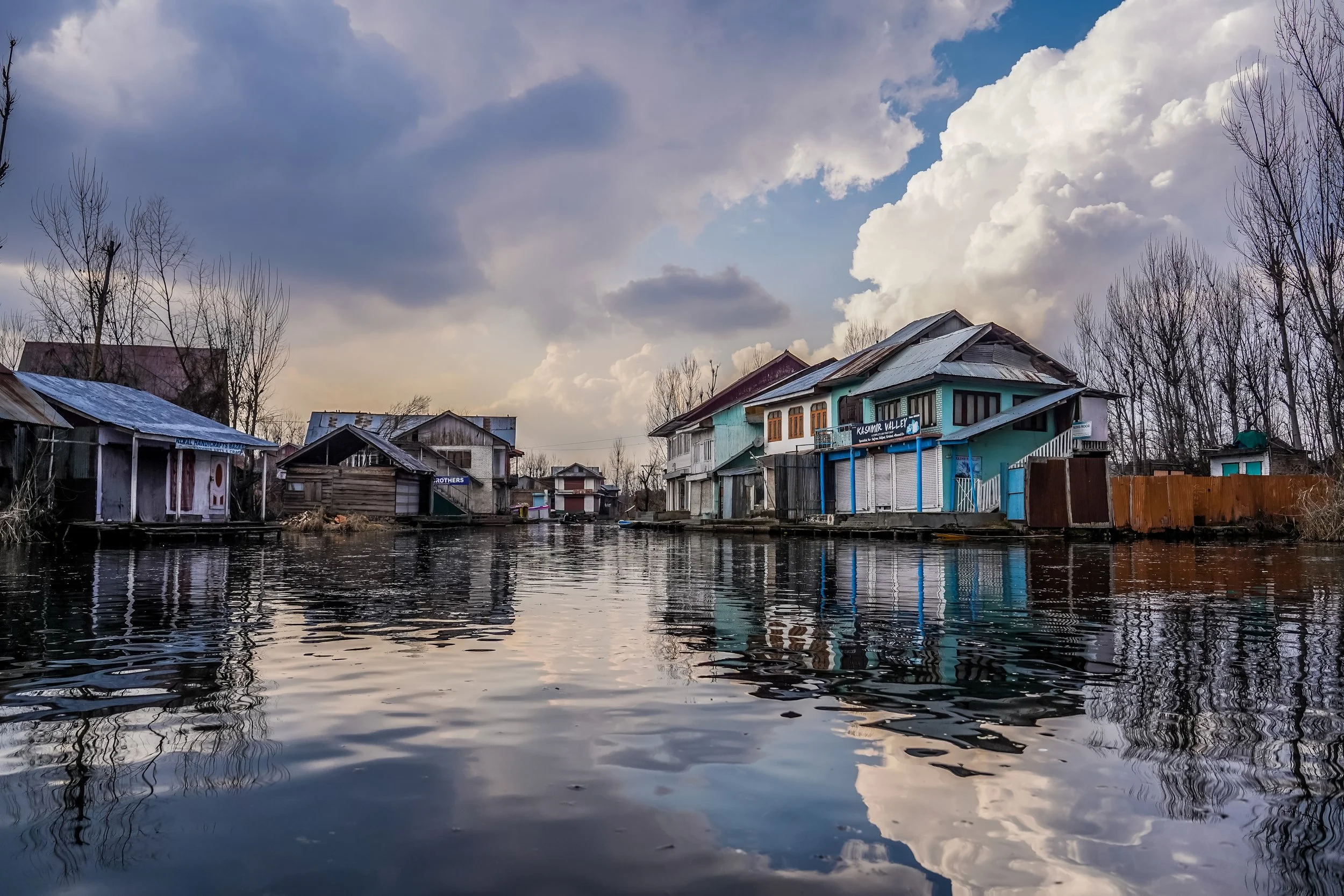A groundbreaking report from Lawyers for Good Government identifies significant gaps in crucial information needed for decision-makers and communities in many states to target Biden funding to frontline “Disadvantaged Communities”
L4GG today released an interactive report compiling critical guidance on state-level policies surrounding how to access the recently-authorized federal infrastructure funding. The report found that many states lack the necessary information they need to allocate this funding to communities most vulnerable to climate change, such as those in Jackson, Mississippi, without clean water and coastal communities in Florida experiencing catastrophic flooding from Hurricane Ian.
A map of which states have defined “Disadvantaged Community” for the purposes of determining disproportionate environmental burden around energy and climate, from the report.
Money on the Table: The federal government authorized a historic $2 trillion investment in green energy and infrastructure through recent climate and infrastructure bills (Inflation Reduction Act, Biden’s Infrastructure Law of 2021, and the American Rescue Plan Act). Over the next five years, this funding will be distributed to states and local governments to address infrastructure, clean energy, and climate change. Additionally, Biden’s Justice40 Initiative requires at least 40% of these federal investments in climate and clean energy go to disadvantaged communities that are marginalized, underserved, and overburdened by pollution. However, there is no clear definition of “disadvantaged community” in each state to help decision-makers target the funding to where it’s needed most.
Information on disadvantaged communities is 1) not consolidated 2) nearly impossible to find and 3) extremely inconsistent. To make matters more complicated, each state has different metrics for defining a “disadvantaged community”.
Summary of Findings: L4GG’s new report is an interactive document that allows stakeholders from each state (including Puerto Rico and Washington, D.C) to identify the defined communities that fall under Biden’s Justice40 Initiative. The report also provides any known existing or proposed state level policies for J40 implementation, and identifies relevant state-level decision makers and agencies regulating climate, energy, water, and infrastructure to facilitate community engagement and ensure coordination between agencies.
The report finds that:
Only 31% of states have an established definition of “disadvantaged community” in the climate or equity space.
Only 25% of states have an active map identifying “disadvantaged communities.”
Only 17% of states have existing or proposed guidance directly related to implementing Biden’s J40 initiative.
Only 44% of states with existing equity guidance consider race a criteria in designating underserved communities, which is critical to addressing environmental racism.
While the White House asked all states to identify a specific infrastructure manager or coordinator for implementation of these funds, only 54% of states have publicly identified such a manager or manager teams.
The report not only helps to identify the communities states need to prioritize, but also provides communities with critical information to make their voices heard, including contact information for state decision makers. Policymakers need this information to upgrade infrastructure and build climate resilience projects for vulnerable communities that have historically been ignored. If they don’t get the crucial information found in this report, this funding may end up exacerbating climate inequities rather than combating them.
“Implementing the recent and massive federal investment in climate change could either be done in a way that enhances our nation’s prosperity or widen its gulfs of inequity. Sometimes the biggest barrier to entry is lack of information, so our goal is to help every local community impacted by climate change have the information they need in order to apply for federal funding for new climate change resilience and clean energy projects and to make their voices heard by state-level decision makers holding the purse strings.”







